This is an authorized translation in English of a post in French by @terresco: De Cape Town à Mombasa, 3 mois, 8 pays, 12 500 km – Le Zimbabwe 2
Remember that the person who speaks here is NOT me, Vincent Celier (@vcelier), but @terresco, a French guy.
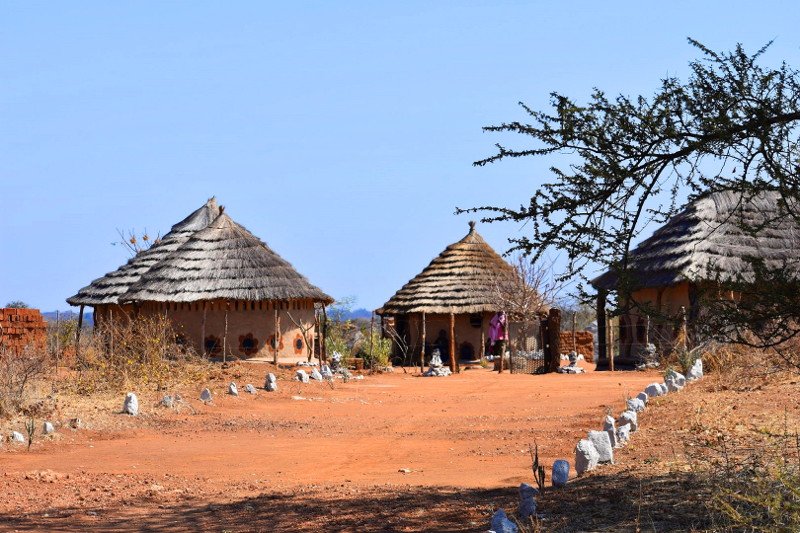
To cross Zimbabwe from west to east we chose to explore the shores of Lake Kariba. This is the wild side that attracted us, this part of the country has never been highlighted, far removed from the main communication axes. We were looking for the "deep" Zimbabwe, full of authenticity and tangible reality. We found it thanks to the easy contact with a simple and hospitable population.
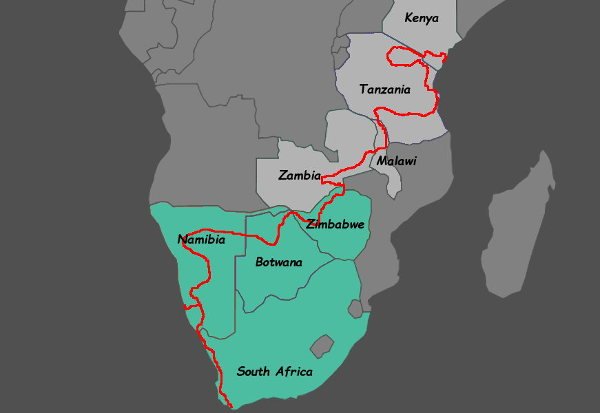
300 kms that turn into 500 by the tracks and that will take us a good ten days.
Mbilizi
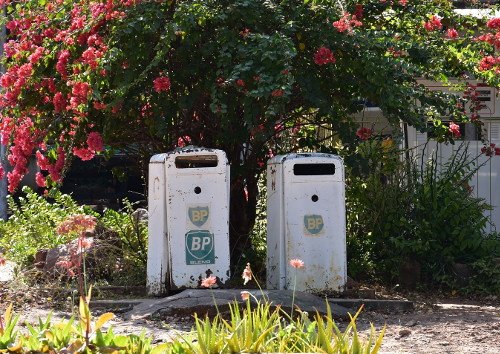
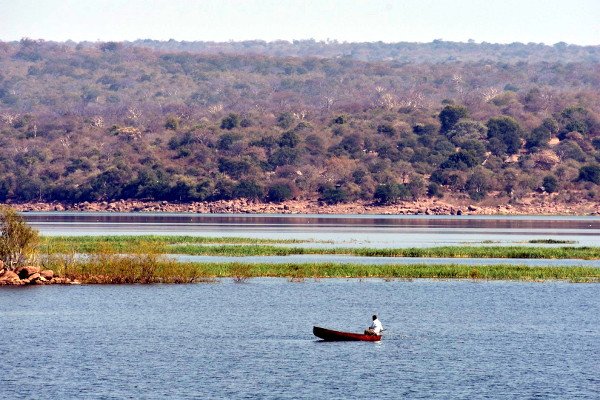
Binga
We did not take the boat, we chose to take the the trail, because we wanted to see people. The second step was not planned, a gentleman with a tired and dusty suit was hitch-hiking. He was the principal of a school in Binga, another small town on the banks of the lake. He invited us to his place, we accepted. It is incredible the number of beautiful encounters that can be made in Africa by taking people hitchhiking. I confess that sometimes I abuse a little, a soldier or a police officer in the car is very convenient to go through controls more easily.

Our new friend introduced us to Binga, facilitated everything we needed, introduced us to his friends. They told us the story of the dam that flooded the villages where their parents lived, forcing thousands of people to involuntarily move. New lands less suited to agriculture have ended up impoverishing a people that did not need that. He showed us how they are trying to cope with the lack of means in education. And everywhere we saw this mixture of resignation and invincible optimism.
The Trail
It was necessary to leave again, we must always leave again. In Zimbabwe the police are not always easy, the controls are often meant to give you a fine. After almost 20 years hanging out in Africa we are used to it, we manage. A good technique is to learn a few words of local languages to make the police laugh, they then do not know how to continue to play the bad guys. A beer out of the fridge at the right time works wonders to move from the status of a potential culprit to the one of a guest of honor.
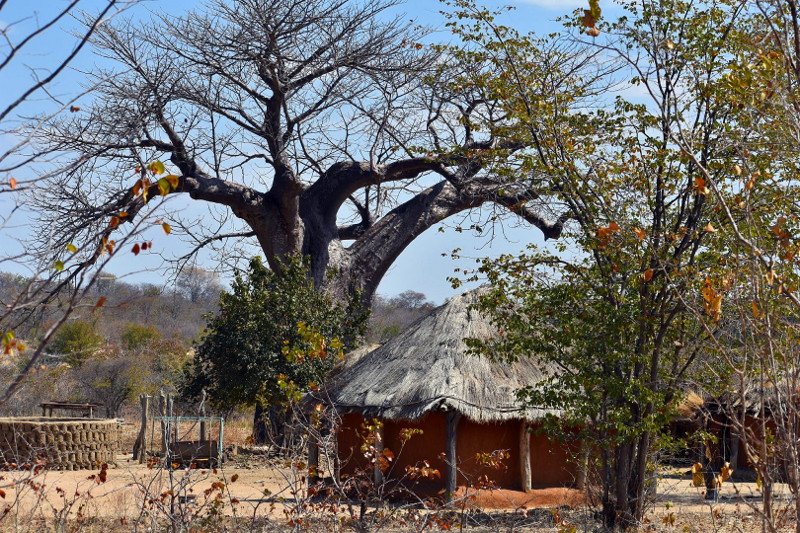
No road, no police, so I was surprised to see my way hindered by an improbable barrier with a stop sign in faded colors. A man in uniform arrives, armed ... with a butterfly net. This is a tsetse fly control. With his net he looks in the car the presence of these beasts thirsty to make us sleep. Nothing to report. He advises us to drive with the windows closed, welcome to tsetse zone, "the fly that kills livestock" in the Twana language, the one that transmits the sleeping sickness. We will see many, fat, ugly and particularly difficult to murder.
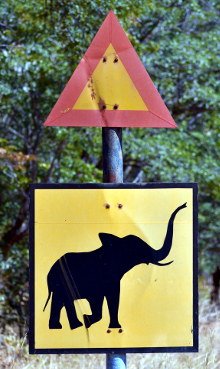
Our last hitchhiker, while the track had become more easy, was a national guard. He explained to us that when the dam was filled it was not only people who had to be displaced, but also a large number of animals. An operation nicely named Noah has saved "in extremis" several thousand large animals over 5 years. Some could not be evacuated and were lucky to take refuge on islands where they still are and where they flourish in beautiful closed ecosystems.
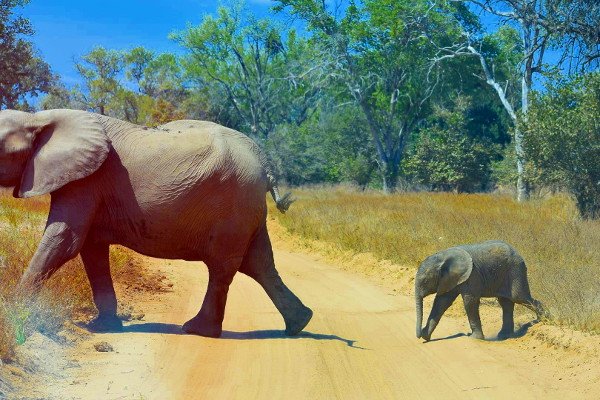
Effective signage, a dozen km after the sign
The 1st police barrage signaled the return to civilization and delayed for half an hour a well deserved shower that we hoped to be able to take in the next village. We had to tell our journey and the difficulties and wonders of the last days, with our very tired faces. How could these young policemen punish a poor couple of old dusty travelers?
They told us that the dam is in a dangerous state and that many engineers have warned that nothing will prevent it from collapsing if urgent repairs are not carried out. If this were to happen, 3 million people would be at risk of death in Zimbabwe and neighboring Mozambique. Let's hope they just wanted to scare us.
It is with this vision of terror that we continue our journey to one of the most spectacular places of our trip, the Mana Pools National Park.

-- @terresco
Africa, the long crossing
From Cape Town to Mombasa: South Africa
From Cape Town to Mombasa: Namibia
From Cape Town to Mombasa: Botswana
From Cape Town to Mombasa: Zimbabwe
